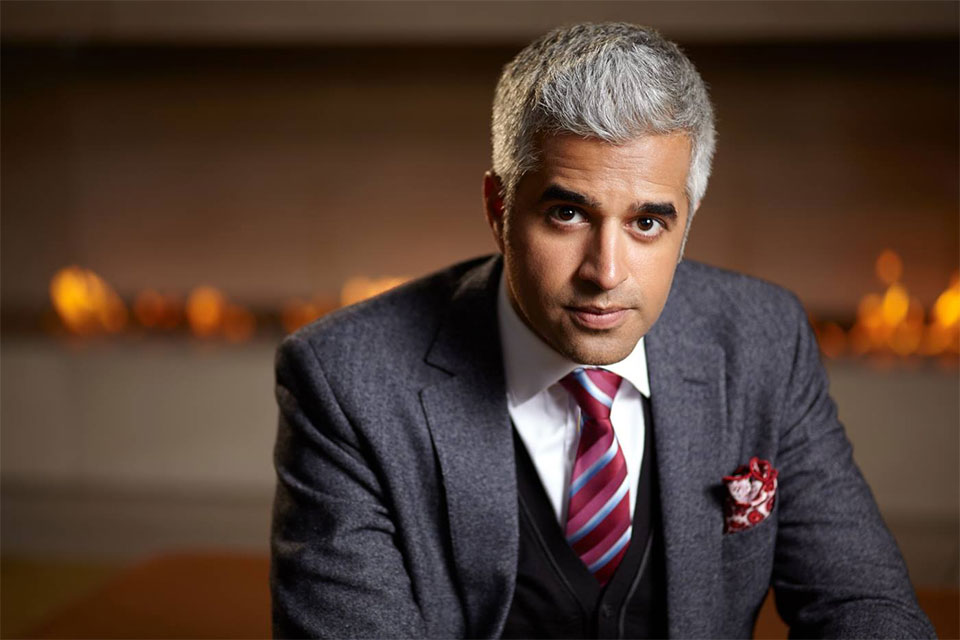How to De-escalate Conflict and Collaborate Effectively

‘Can We Talk?’
Let’s pause and reflect on the thoughts that those three words just triggered. Maybe it’s the anxiety you feel when you have to relay bad news, challenge a polarizing perspective or even deal with letting someone go. Uncomfortable? Yes. Yet, if the difficult conversation actually happens, consider yourself lucky.
The leadership training company VitalSmarts found that 1 in 4 people have been putting off an uncomfortable conversation for at least six months. In fact, 1 in 10 have kept quiet about uneasy issues for over two years. Add it all up and we see crucial conversations aren’t happening. Instead, employees are engaging in counterproductive behaviours of avoidance and in some cases, end up quitting their jobs altogether. Difficult conversations can be uncomfortable. Avoiding them is worse.
The next time you are faced with the task of delivering a tough truth, instead of dodging the adversity, here are four key tips to help you de-escalate conflict and collaborate effectively:
1) Be assertively empathetic
When we’re relaying bad news, the common trap we can fall into is we get caught up in our own experience of how difficult it is to share tough news and how scary it might be for us to witness an extreme emotional reaction. How do we get over this? Lead with assertive empathy. That is, Identify with their experience, not just yours. Consider framing the approach like this: Relationship first, logic second. They could have an intense emotional response. Just listen. Maybe they say nothing. Just listen. The silence can be profound. Now if the silence persists, then lean in with follow up questions that start with “how” and what” For example, “How are you feeling right now?” or “What can I do to help?” “What do you need?” Keep it neutral. If they have questions for you, make sure you understand what they are asking and acknowledge their concern.
Cultivating empathetic curiosity beforehand is a big part of this approach. Consider their personal reality, job or business prospects, any other challenging life events happening for them. This form of assertive empathy will show respect, allow you to answer their questions thoughtfully and help defuse conflict. Remember, anything you say after your reveal, may very well be forgotten as their mind is focused on processing the news you just shared. People want to be seen, feel heard and be respected. Allow them to do just that and get out of the way.
2) Let go of ‘likability’
If you are a people pleaser, this next one will be tough. Let go of ‘likability’. This is one of the most common reasons that difficult conversations get avoided. Even if you come into the conversation with respect and a positive intent, research proves that when we receive bad news, we shoot the messenger. Given we all have a powerful need to make sense of the events happening to us, a key part of creating an explanation of an unexpected experience is assigning blame. Leadership isn’t about comfort, it’s about effective action. Managing this expectation of likability will help you avoid taking things personally and keep you focused on the end goal of your conversation.
3) Own your emotions
We are the managers of our emotions. Think about that feeling when things get heated and the words we impulsively use to attack others with: “You always”, “You never”, “Nothing ever goes right”, “Everything is a mess”. These broad generalizations are destructive to achieving any productive outcome. What can you do? A study done by researchers at the University of Wisconsin, looked at how to create a safe space when getting into an argument. Their key finding? The use of ‘I’ statements. If you’ve received bad news, consider this when you’re getting worked up – “I’ve been feeling disconnected”, “I am feeling frustrated”, “I should know better” instead of “you make me feel”. Once we get into the blame game, that creates a hostile dynamic. Let’s be real, if you are sharing bad news, you’re most likely going to get a heightened emotional response. Don’t try to talk people out of being bothered. Own your emotions and just listen. If you go first and give them respect, you will increase your chances of getting some back in return.
4) Focus on what you can agree on
For the most part, the biggest challenge in every conversation is that everyone thinks they are right. Before I got married years ago, some valuable advice I received was “Do you want to be right or be in a relationship?” To this day, it’s a powerful reminder of how to approach any difficult conversation. For the record, my wife is a lawyer, so I’ll stick with being in the relationship.
They key thought behind this idea is introducing the logic of establishing common ground. If we enter the conversation with openness, a clear goal and an interest in solving the problem at hand, the perceived conflict can create powerful connection. There is always common ground. Find it by asking questions such as: What’s the real challenge? What would it take for this to work for you? What does your ideal scenario look like?
People want to feel a sense of belonging. When opinions differ, take the time to see someone else’s perspective instead of reacting with criticism and judgment. If you can lead with your truth, acknowledge their concerns, and be assertively empathetic, this will put you both on the same side of effective collaboration, instead of opposite ends of an unproductive confrontation.
Written by Riaz Meghji. Have you read?
Best Hospitality And Hotel Management Schools In The World For 2021.
Rankings. Best Countries. Best Books. Richest List.
Best Fashion Schools In The World For 2021.
Add CEOWORLD magazine to your Google News feed.
Follow CEOWORLD magazine headlines on: Google News, LinkedIn, Twitter, and Facebook.
Copyright 2024 The CEOWORLD magazine. All rights reserved. This material (and any extract from it) must not be copied, redistributed or placed on any website, without CEOWORLD magazine' prior written consent. For media queries, please contact: info@ceoworld.biz









